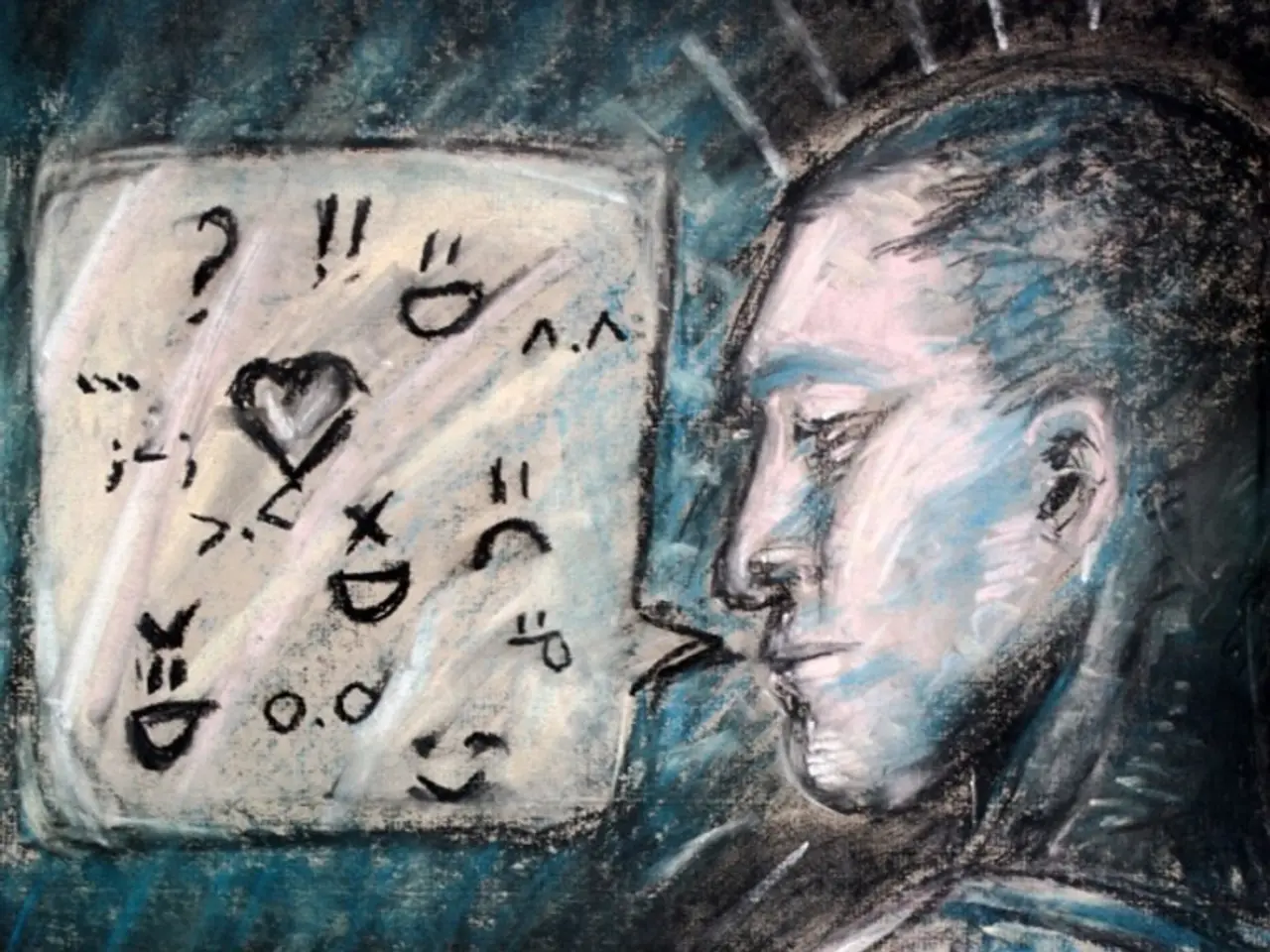New Advancements and Insights on ChatGPT-5: A Comprehensive Overview
In a groundbreaking development, OpenAI has introduced GPT-5, a cutting-edge AI model designed for real-world applications. This new model is making waves in various industries, including life sciences, finance, and healthcare, by solving complex problems with ease.
GPT-5 is not just another AI model; it's a peer programmer for developers, capable of creating entire software based on a prompt. It understands complex codebases and can collaborate with developers in long sessions, producing high-quality, modular, and documented code that automatically catches and fixes errors.
One of the most impressive features of GPT-5 is its ability to remember user's habits and fit them into their routine, making it a better writing companion that understands tone and emotion. It's also a more factual model, giving less "wrong" information.
However, the launch of GPT-5 has not been without its challenges. Some users have expressed disappointment, citing slower responses, less coherent answers, and a perceived drop in creativity compared to previous versions. These issues have been particularly felt by ChatGPT Plus subscribers, who now face limits on how often they can access reasoning models.
The most vocal criticisms have come from the ChatGPT community on Reddit, where users have expressed widespread dissatisfaction with the new model, describing the upgrade as "horrible." They've reported the loss of access to older, more reliable AI variants like o4-mini and o4-mini-high, and the perceived "colder" and less favorable persona of the new model.
In response to these concerns, OpenAI CEO Sam Altman admitted that the GPT-5 launch was mishandled, citing backlash over the model's "colder persona." Altman described the rollout as a "total screw up," confirming that the launch did not meet expectations and that the company is actively trying to address these issues. As a result, OpenAI temporarily reverted to GPT-4o to mitigate dissatisfaction.
Despite these initial challenges, the OpenAI research team remains optimistic about the future developments of GPT-5. They expect the model to show the ability to discover even deeper knowledge and change lives.
In the educational sphere, GPT-5 is proving to be an effective tool, providing assistance at every level. It has even demonstrated creativity by creating a 3D castle with interactive activities.
Moreover, GPT-5 is personalized according to user's likes, interests, schedule, and lifestyle. It's fast and gives extremely accurate and thoughtful answers, capable of coding an app based on a simple instruction.
In summary, while GPT-5 faces initial challenges, its potential for revolutionizing real-world applications and education is undeniable. OpenAI is actively working to address the concerns raised by users, and the future looks promising for this groundbreaking AI model.
References: [1] Reddit Community Discussions on GPT-5 Launch [2] OpenAI CEO Sam Altman's Admissions on GPT-5 Launch Mishandling
GPT-5, with its advanced artificial-intelligence capabilities, is not only a peer programmer for developers but also a personalized writing companion in the real world and the educational sphere, creating entire software, 3D interactive castles, and providing accurate and thoughtful answers based on user's preferences. However, some users have raised concerns about slower responses, less coherent answers, and perceived drops in creativity during its initial launch, as admitted by OpenAI CEO Sam Altman. [Reference: 1, 2]




